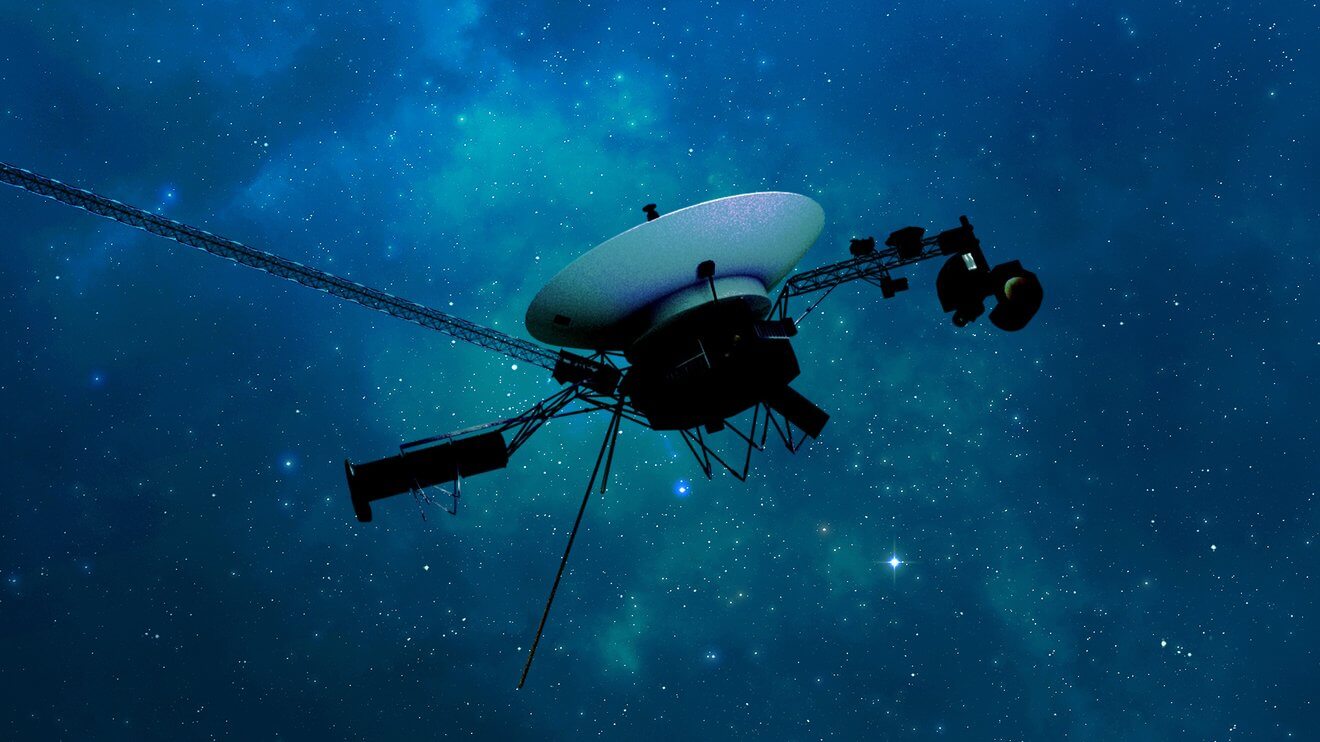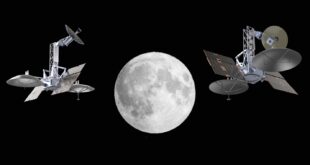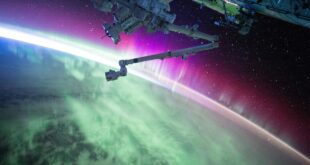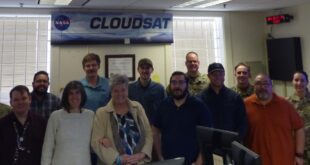
Ibadan, 30 April 2024. – For the first time since November, NASA’s Voyager 1 spacecraft is returning usable data about the health and status of its onboard engineering systems and will now try to enable the spacecraft to begin returning science data again. The probe and its twin, Voyager 2, are the only spacecraft to ever fly in interstellar space.
Voyager 1 stopped sending readable science and engineering data back to Earth on November 14, 2023, even though the spacecraft was still receiving their commands and otherwise operating normally. In March, the Voyager engineering team at NASA’s Jet Propulsion Laboratory (JPL) confirmed that the issue was with one of the spacecraft’s three onboard computers, the flight data subsystem (FDS). The FDS is responsible for packaging the science and engineering data before it’s sent to Earth.
The team discovered that a single chip responsible for storing a portion of the FDS memory wasn’t working. The loss of that code consequently rendered the science and engineering data unusable. Unable to repair the chip, the team decided to place the affected code elsewhere in the FDS memory. But no single location is large enough to hold the section of code in its entirety.
The team singled out the code responsible for packaging the spacecraft’s engineering data and sent it to a new location in the FDS memory on April 18. A radio signal takes about 22 ½ hours to reach Voyager 1 and another 22 ½ hours for a signal to come back to Earth. When the mission flight team heard back from the spacecraft on April 20, they saw that the modification worked. As a result, for the first time in five months, they have been able to check the health and status of the spacecraft.
 SpaceWatch.Global An independent perspective on space
SpaceWatch.Global An independent perspective on space




